Start Network welcomes new Chair to Board of Trustees
The Start Network is delighted to announce Christof Gabriel Maetze has joined the Start Network Board of Trustees as its new Chair.
The Start Network is delighted to announce Christof Gabriel Maetze has joined the Start Network Board of Trustees as its new Chair.

The Start Network has signed a ‘game-changing’ insurance policy, intended to pay out if a drought hits Senegal, enabling aid agencies to offer live-saving help before a famine threatens to take people’s lives.
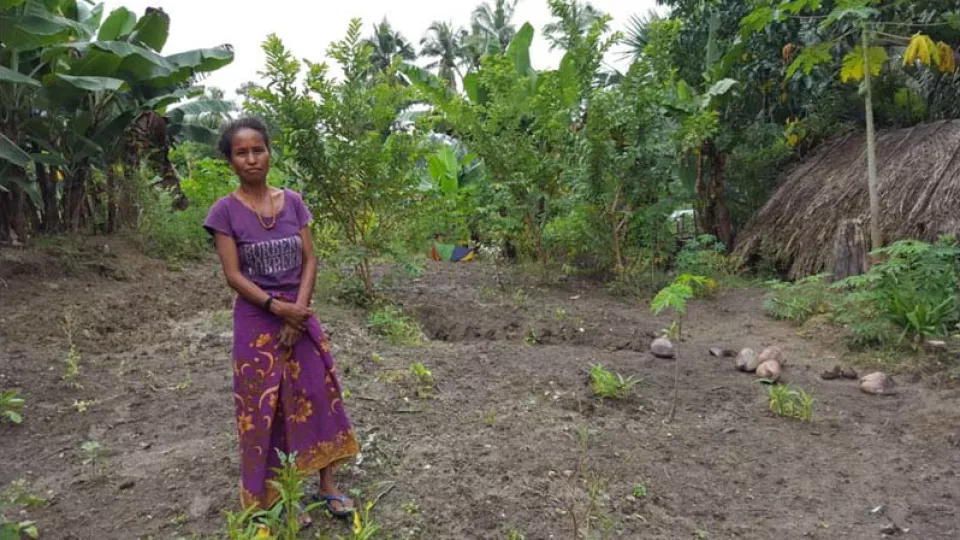
World Humanitarian Day is a chance to thank the countless aid workers around the world who help millions of people recover from crises, despite the dangers they face. Since its launch in 2014, the Start Fund has enabled Start Network members to act within days during times of crisis and helped people recover quickly.
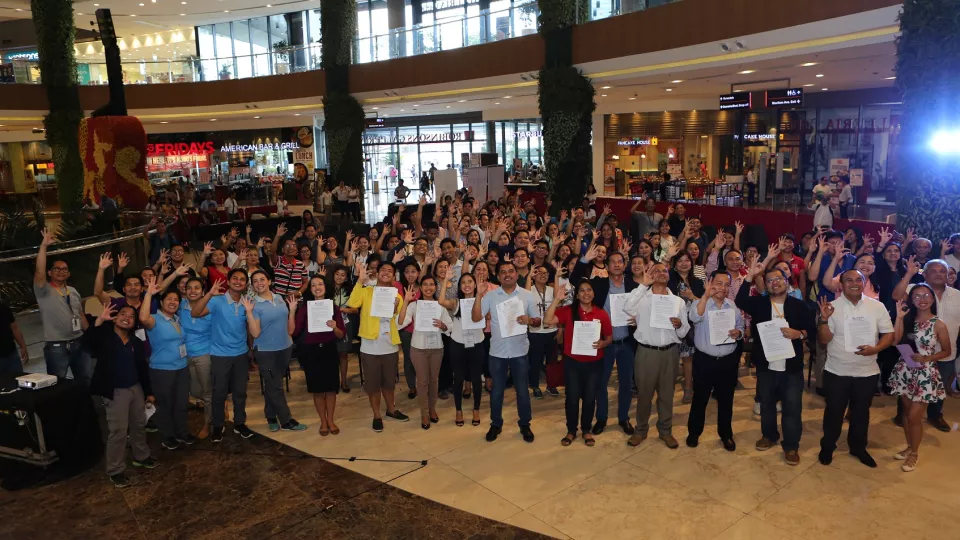
Hitendra Solanki, Action Against Hunger’s Project Lead for the Mindfulness & Wellbeing Project urges NGOs to act now to protect worker’s mental health and wellbeing.
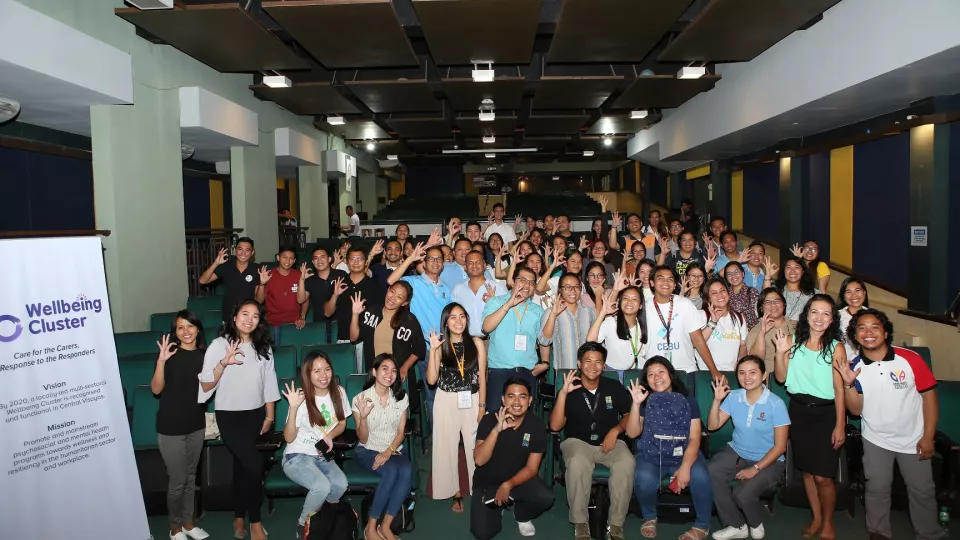
In Cebu, in the Philippines, the very first dedicated 'Wellbeing Cluster' has been officially launched, aiming to catalyse a new way that NGOs prioritise and support the mental health and wellbeing of staff in the humanitarian sector.
Andrew Kavala, Executive Director of MANEPO explains why working with Start Network is important for MANEPO, and how Start Network has given MANEPO an opportunity to show that local and national NGOs are capable of delivering emergency programmes in a timely and effective manner if given space and opportunity.
This report was commissioned by the DEPP (Disasters and Emergencies Preparedness Programmes) Learning Project to contribute to learning on best practice for localisation, and to move forward the discussions. The research was intended to test, refine, deepen and, where needed,adapt a framework developed in 2017 for the Start Fund and Network, commonly referred to as the ‘Seven Dimensions of Localisation’. It also aims to reflect whether and how DEPP projects have contributed to ‘localisation’ and provide tips or recommendations for further similar preparedness strengthening work.
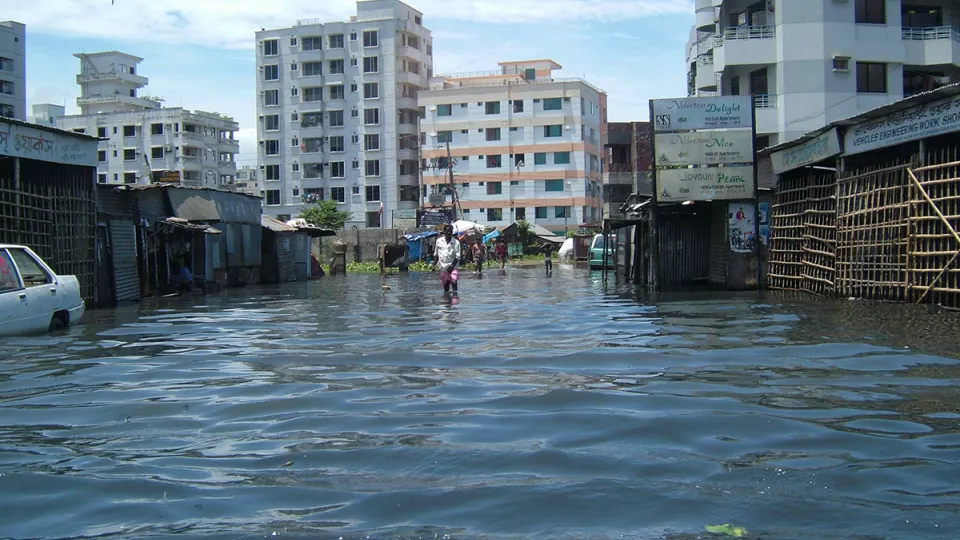
Islamic relief has been working in consortium with Start Network Members Save the Children and Concern Worldwide, to implement a rapid response to floods which hit Bangladesh in early June.
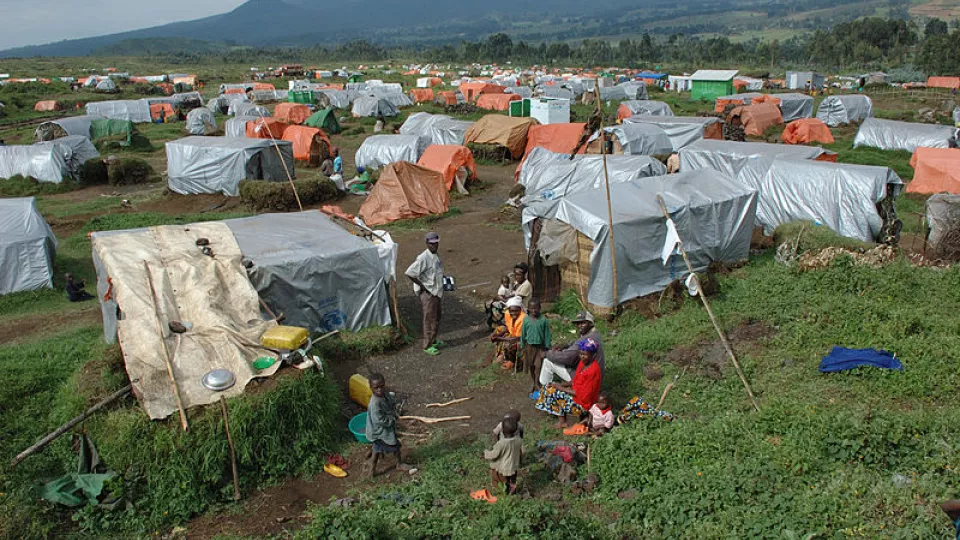
Blockchain technology has been making waves in many industries with its transparency and security-oriented technology. From tracking funding to offering refugees financial services and even improving the processing of asylum requests, blockchain is revolutionising the way the world welcomes refugees.
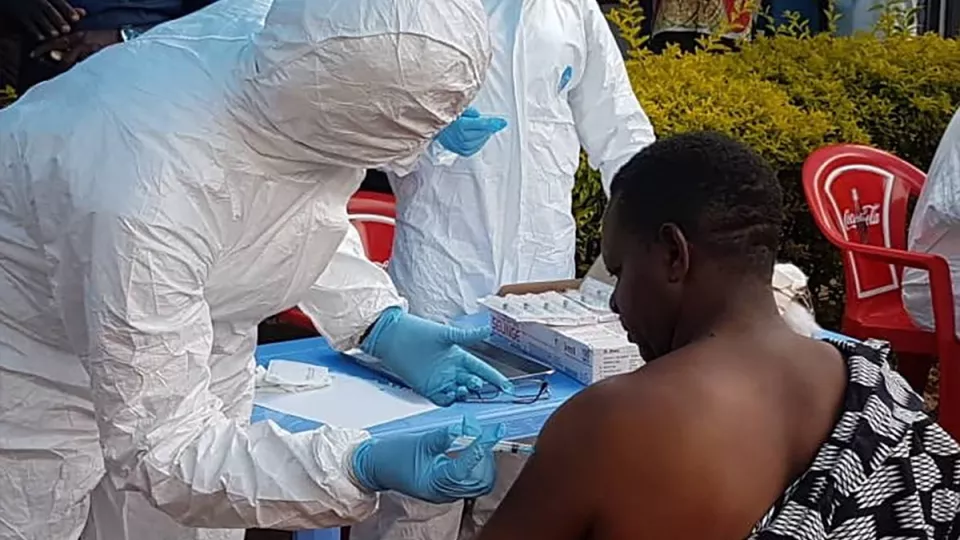
A fresh outbreak of Ebola in the North Kivu province of eastern Democratic Republic of the Congo (DRC) has become the focus of the 250th alert by the Start Fund.